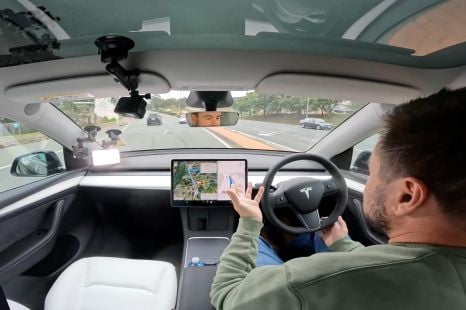

William Stopford
Tesla Australia moves to subscription-only model for Full Self-Driving
22 Hours Ago

News Editor
Hyundai is facing a class-action lawsuit over self-combusting Kona Electric models despite the company’s issuing of a global recall.
Reuters reports around 200 people have joined a class-action lawsuit in South Korea this month seeking compensation for the reduced value of their vehicles and “other losses”.
The plaintiffs want Hyundai to replace the entire battery pack instead of applying a software update, the remedy outlined in the company’s recall notice.
One lawyer involved in the suit told Reuters they’re seeking 8 million won (A$9897) per plaintiff, though this demand could be increased.
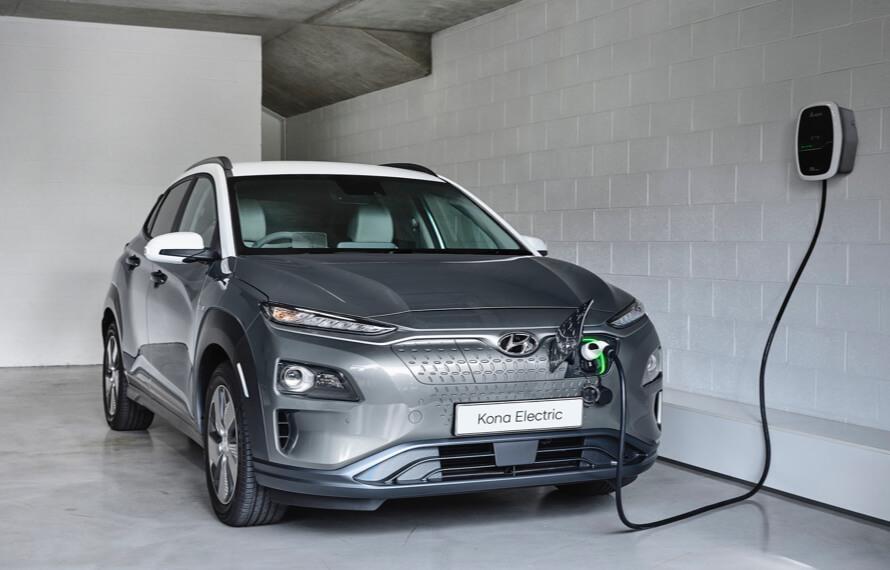
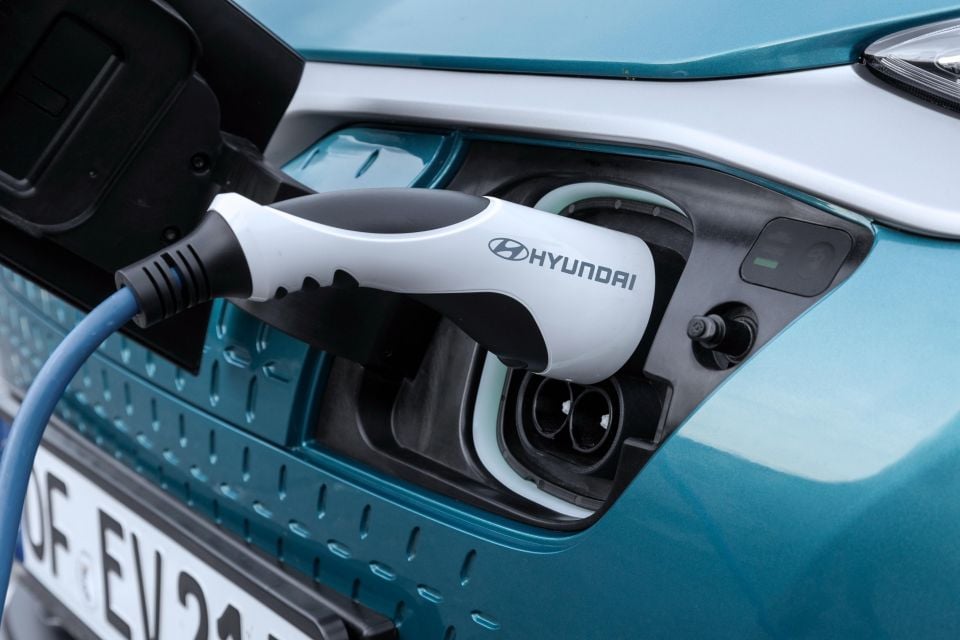
If the South Korean safety agency finds the batteries should be replaced, Hyundai and battery supplier LG Chem could face costs of up to A$739 million.
Hyundai said it isn’t setting aside money for such a wide-scale replacement as it believes the software fix will prevent fires by detecting problems.
“We are constantly monitoring the situation after an update… and we will continue to try to minimise consumer inconveniences going forward,” Hyundai said.
It also confirmed vehicles where problems have been identified would get battery replacements at no cost.
The update to the Kona Electric’s battery management system will see it momentarily stop during a charge to carry out a battery self-diagnosis at 80 and 90 per cent, thereby stopping it from overheating.
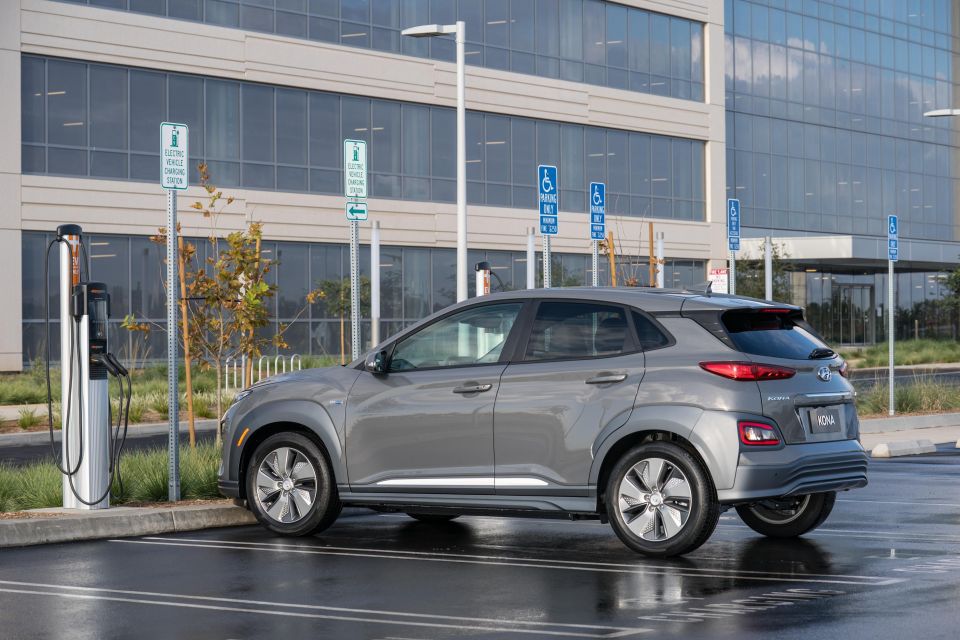
The software upgrade won’t affect the maximum charging capacity or driving range, though it will extend the time you’ll spend at a DC charger if you choose to charge beyond 80 per cent.
Hyundai says it doesn’t know exactly what has caused the fires but has suggested it could be internal damage to the batteries.
Meanwhile, LG Chem has denied its parts are to blame and have instead pointed the finger at Hyundai and its suppliers.
However, General Motors has just issued a recall of 68,677 Chevrolet Bolts with LG Chem batteries after five reported fires and two injuries.
LG Chem has confirmed it’s working with both Hyundai and GM to probe the cause of the fires.
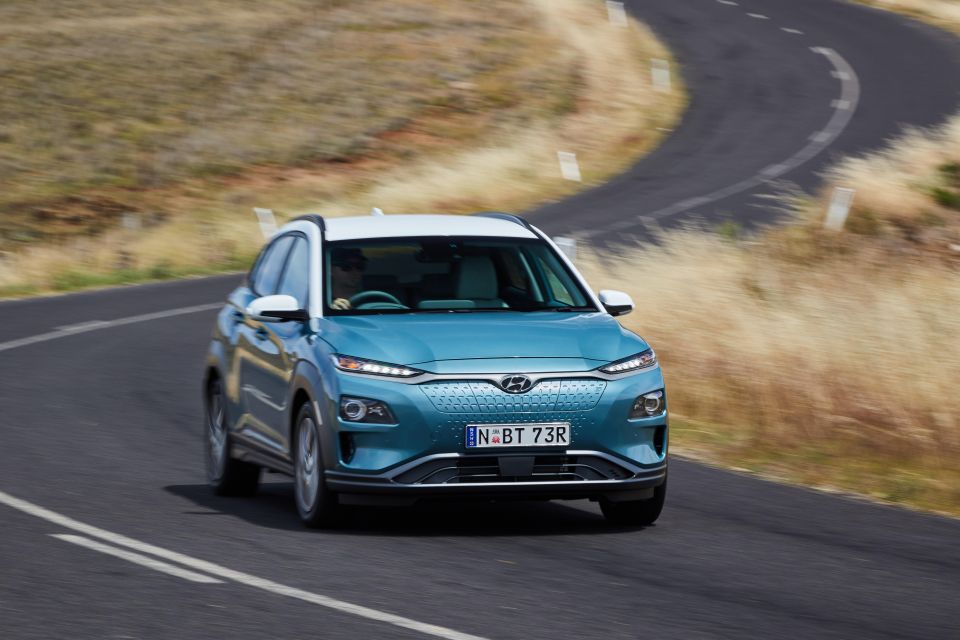
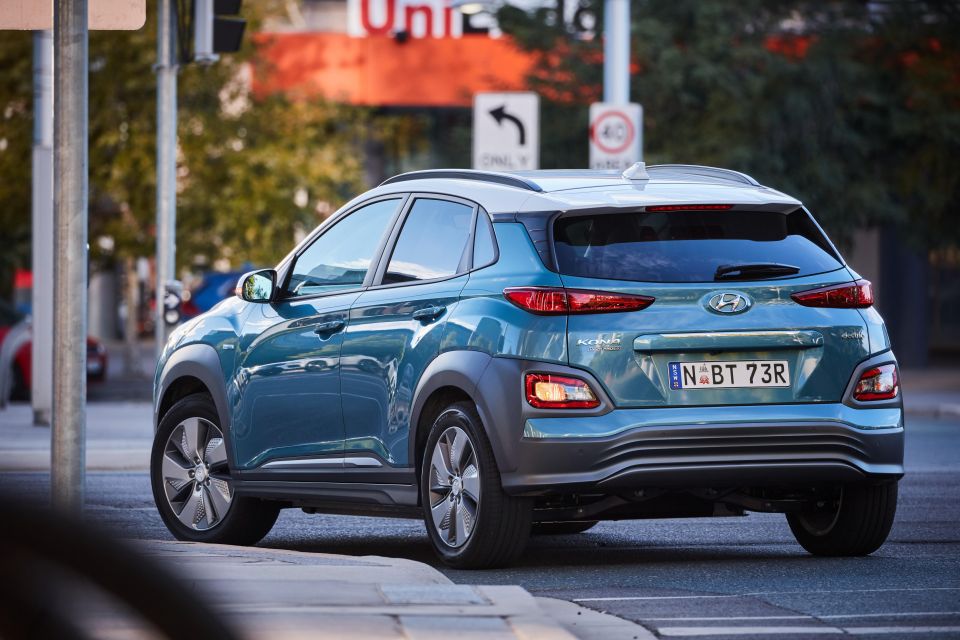
“As a supplier of a key component of the battery system, we clearly feel responsibility. But until a clear cause would be determined, we can’t come up with measures to address the problems,” LG Chem CEO Hak Cheol Shin told Reuters.
Hyundai’s global recall has encompassed more than 74,000 Kona Electric models, its best-selling electric car. Over two years, 16 vehicles have caught fire in South Korea, Canada and Europe.
While internal combustion engine-powered vehicles have burst aflame over the years and led to recalls, the Kona Electric’s recall comes at the same time as some other high profile battery fires in other EVs and plug-in hybrid electric vehicles.
Issues with the Ford Kuga/Escape PHEV have led to a production stop and a delay to its local launch. BMW, too, has been forced to recall various plug-in vehicles due to the risk of battery fires.
Ford has gone further than Hyundai so far, offering to replace the battery packs in all vehicles. Its recall only affects just under 30,000 vehicles however, less than half Hyundai’s tally.
MORE:Hyundai Kona Electric fire risk recall officially announced MORE: Hyundai Kona Electric being recalled in Australia MORE: Hyundai Kona Electric recall grows MORE: Hyundai Kona Electric recalled in Korea due to fire risk
Go deeper on the cars in our Showroom, compare your options, or see what a great deal looks like with help from our New Car Specialists.
William Stopford is an automotive journalist with a passion for mainstream cars, automotive history and overseas auto markets.


William Stopford
22 Hours Ago
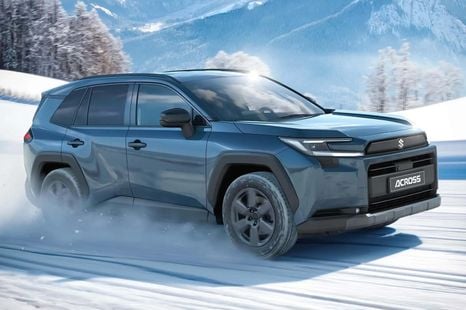

Damion Smy
2 Days Ago
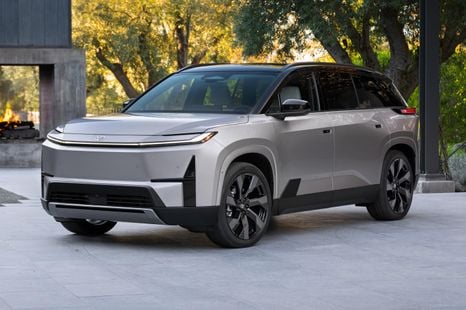

Damion Smy
3 Days Ago
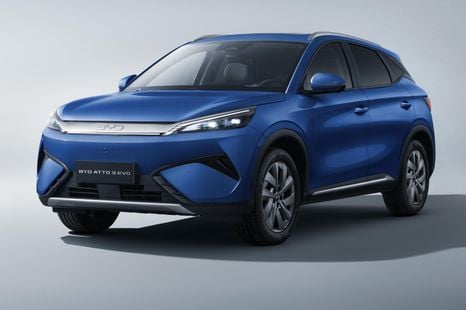

Derek Fung
3 Days Ago
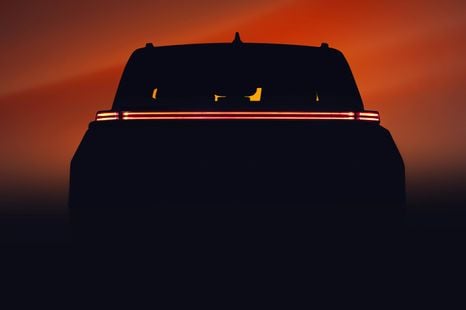

Damion Smy
4 Days Ago
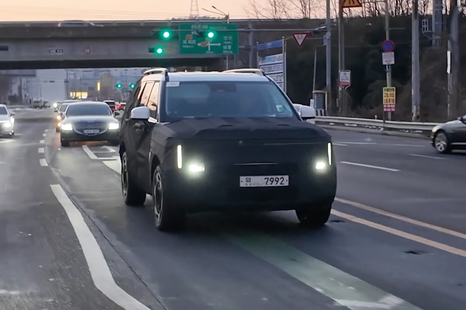

William Stopford
5 Days Ago
Add CarExpert as a Preferred Source on Google so your search results prioritise writing by actual experts, not AI.